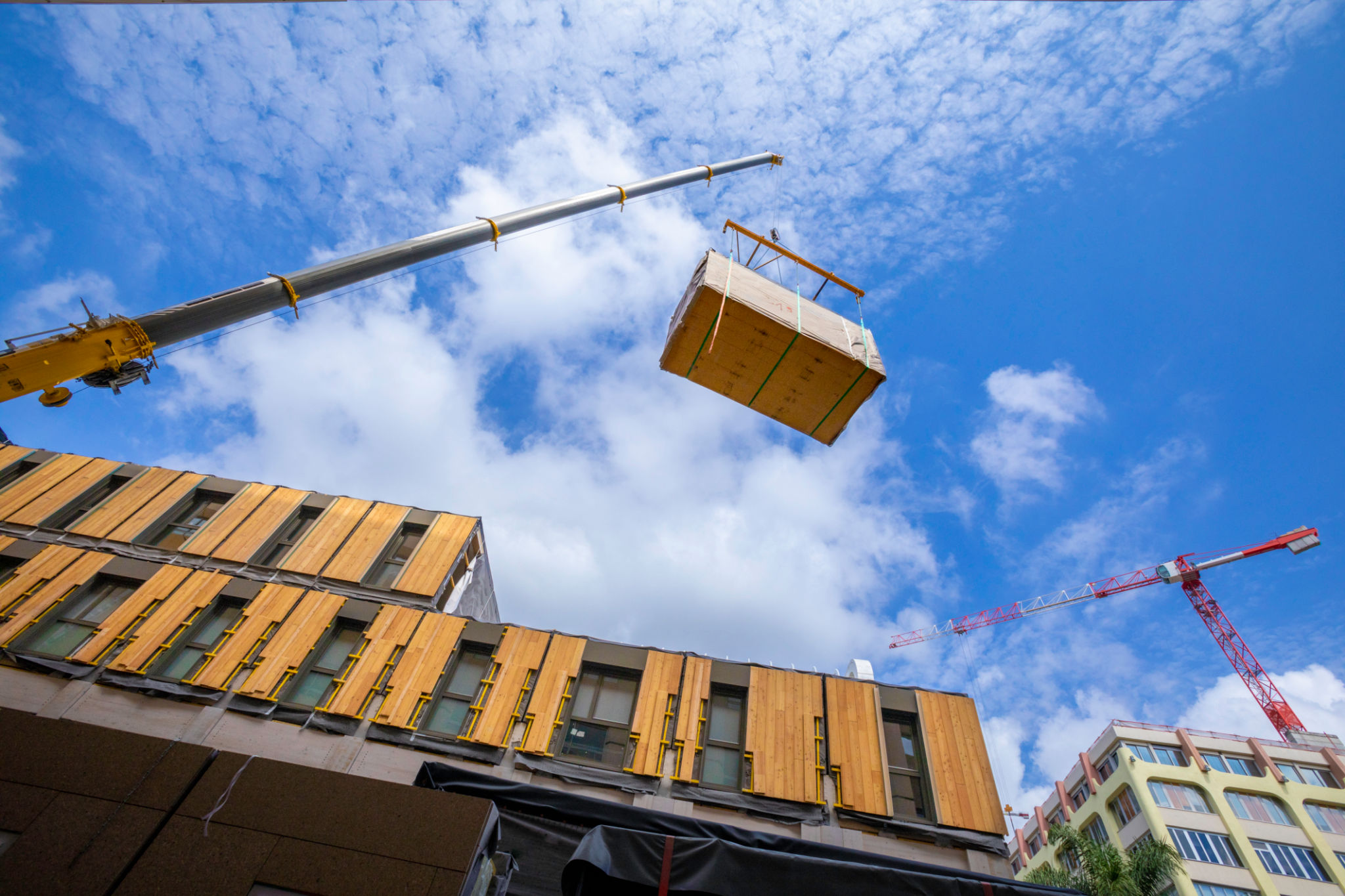Case Study: Successful Commercial Construction Projects in King County
Introduction to King County's Commercial Construction Landscape
King County, Washington, is renowned for its rapid urban development and innovative architectural designs. This vibrant region has seen a surge in commercial construction projects, transforming its skyline and boosting the local economy. From sustainable buildings to state-of-the-art facilities, King County serves as an exemplary model for successful commercial construction initiatives.

Key Factors Behind Successful Projects
Several factors contribute to the success of commercial construction projects in King County. One of the primary reasons is the strong collaboration between developers, architects, and local authorities, ensuring projects meet both aesthetic and functional expectations. Additionally, the emphasis on sustainability and eco-friendly practices has become a core aspect of many developments.
Another significant factor is the availability of skilled labor and advanced technology. King County attracts top talent in the construction industry, which is crucial for executing complex projects efficiently. The use of innovative building technologies further enhances the quality and speed of construction.
Notable Projects in King County
Several commercial construction projects in King County have garnered attention for their innovation and impact. Here are a few noteworthy examples:
- The Bellevue Collection Expansion: This project expanded one of the most popular shopping destinations, integrating retail spaces with office and residential units, enhancing the area's appeal.
- The Spring District: A mixed-use development that blends office spaces with residential areas, promoting a live-work-play environment. It's a prime example of sustainable urban planning.
- Southport on Lake Washington: This waterfront development combines hospitality, office spaces, and recreational areas, offering stunning views and modern amenities.

Sustainability Initiatives in Construction
Sustainability is at the forefront of King County's commercial construction projects. Many developers are committed to achieving LEED certification, ensuring buildings meet strict environmental standards. These initiatives not only reduce the carbon footprint but also enhance energy efficiency, providing long-term savings for businesses.
The incorporation of green roofs, solar panels, and rainwater harvesting systems are common practices in these projects. Such features not only contribute to environmental conservation but also improve the overall quality of life for occupants.

The Role of Technology in Modern Construction
Technology plays a pivotal role in the execution of commercial construction projects in King County. The use of Building Information Modeling (BIM) allows for precise planning and coordination among various stakeholders, minimizing errors and reducing project timelines.
Furthermore, advancements in construction materials and techniques have enabled developers to create more resilient structures that can withstand natural disasters. These innovations ensure that buildings are not only aesthetically pleasing but also safe and durable.
Community Impact and Economic Growth
The ripple effect of successful commercial construction extends beyond the structures themselves. These projects create numerous job opportunities during and after construction, significantly boosting the local economy. Moreover, they attract businesses and residents, fostering a vibrant community environment.
Commercial developments also lead to improved infrastructure and public amenities, enhancing the overall quality of life for King County residents. These enhancements make the region more attractive for future investments and growth.
Conclusion
King County's commercial construction projects stand as a testament to modern engineering, collaboration, and sustainability. By embracing innovation and prioritizing community needs, these projects not only contribute to economic development but also set a benchmark for other regions aiming to achieve similar success. As King County continues to evolve, it remains a beacon of inspiration in the world of commercial construction.
